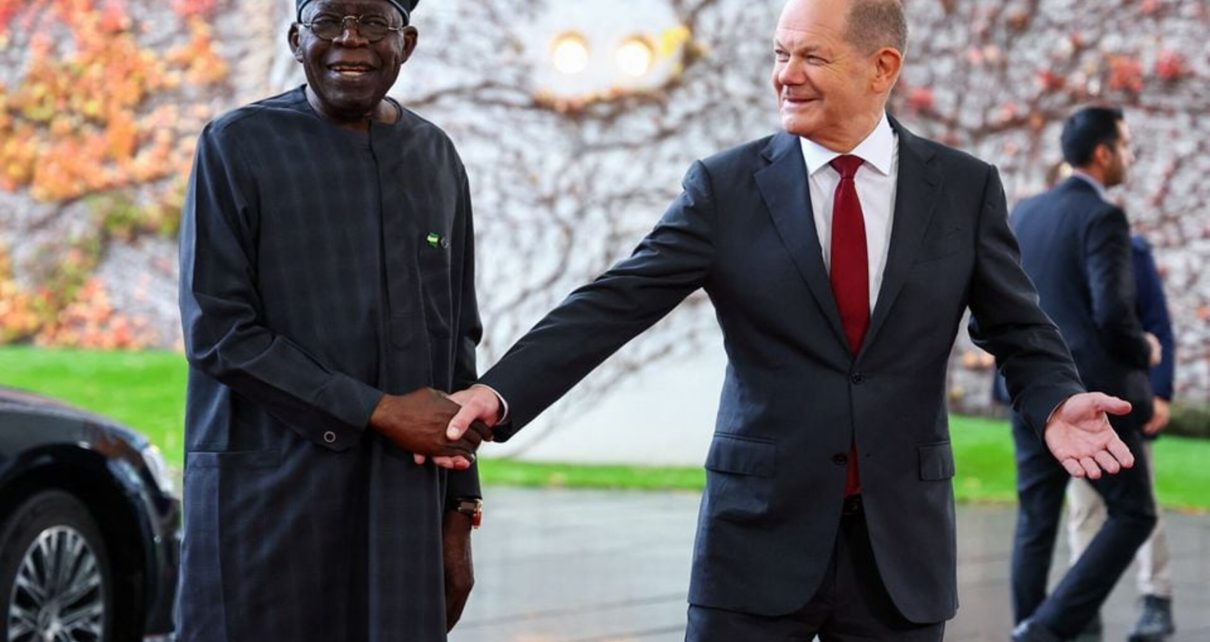In Berlin, Nigerian and German firms have solidified their economic partnership by signing two significant agreements, announced a presidential spokesperson. The deals encompass a substantial $500 million renewable energy pact and a gas export arrangement, marking a pivotal step in bolstering ties between the nations.
Union Bank of Nigeria and Germany’s DWS Group sealed a memorandum of understanding (MoU) centred on renewable energy. This accord aims to mobilise a $500 million investment into renewable energy initiatives countrywide, particularly targeting rural communities, as stated by spokesperson Ajuri Ngelale in an official statement.
Moreover, a second MoU on gas export was inked between Nigeria’s Riverside LNG and Germany’s Johannes Schuetze Energy Import AG. The agreement outlines Nigeria’s commitment to annually supply 850,000 tons of natural gas to Germany, with an anticipated increase to 1.2 million tons. Commencing deliveries in 2026, Ngelale highlighted the pact’s pivotal role in processing around 50 million cubic feet per day of natural gas that would otherwise be flared.
Nigeria boasts the largest gas reserves in Africa, exceeding 200 trillion cubic feet. However, inadequate processing facilities have led to the daily flaring of approximately 300 million cubic feet.
President Bola Tinubu, present at the G20 Compact with Africa conference in Berlin, expressed his appreciation for the signed agreements, Ngelale affirmed.
Earlier, German Chancellor Olaf Scholz announced Germany’s commitment to invest 4 billion euros in African green energy ventures by 2030. He emphasized the potential for these investments to aid Europe’s transition toward carbon neutrality.
Highlighting the significance of importing green hydrogen, Scholz stressed that for Germany to attain its goal of net-zero emissions by 2045, substantial imports from Africa would be necessary. These remarks were made during a German-African business forum preceding the G20 Compact with Africa summit. The summit aims to channel investments into Africa by aligning the development strategies of progressive nations and identifying business prospects.
Under Tinubu’s leadership, Nigeria has undertaken extensive reforms, including the removal of a popular petrol subsidy and the liberalisation of foreign exchange trading. Seeking to reinvigorate an economy hampered by sluggish growth, soaring debt, double-digit inflation, and oil theft, Tinubu is striving to make Nigeria an appealing investment destination.


